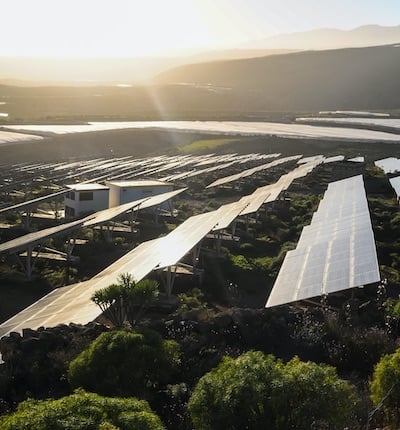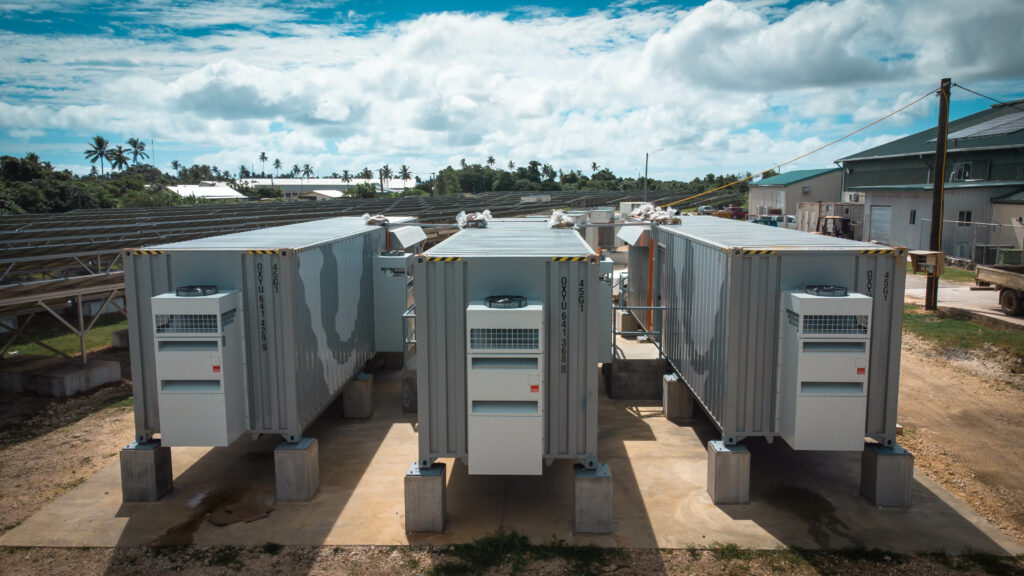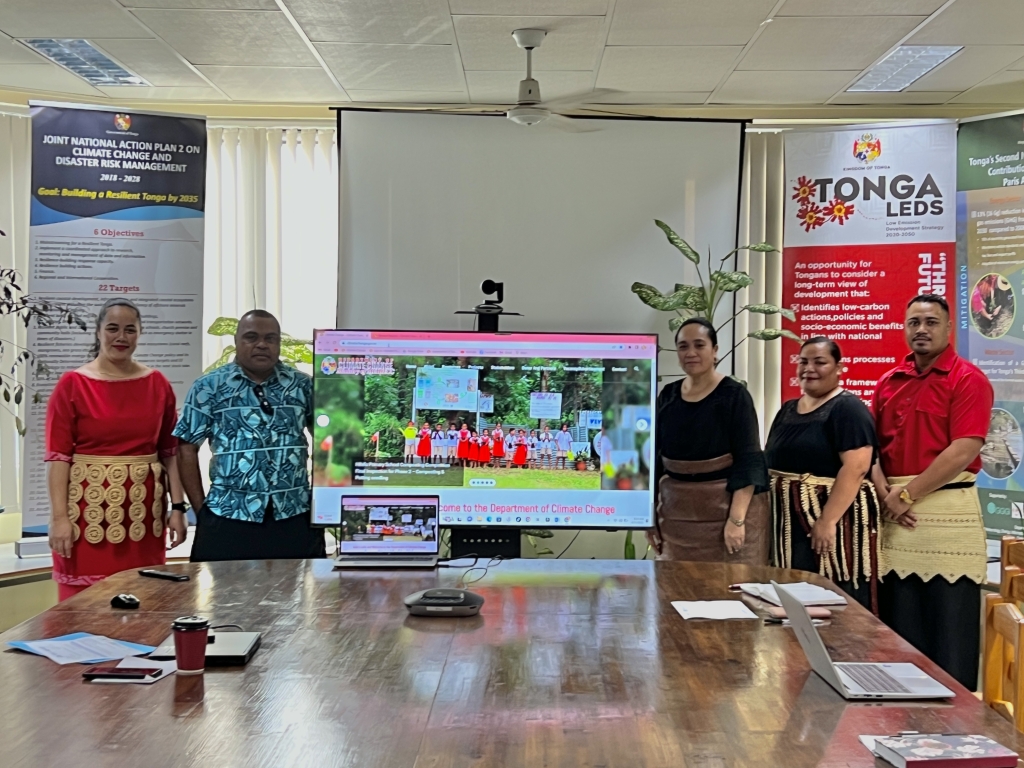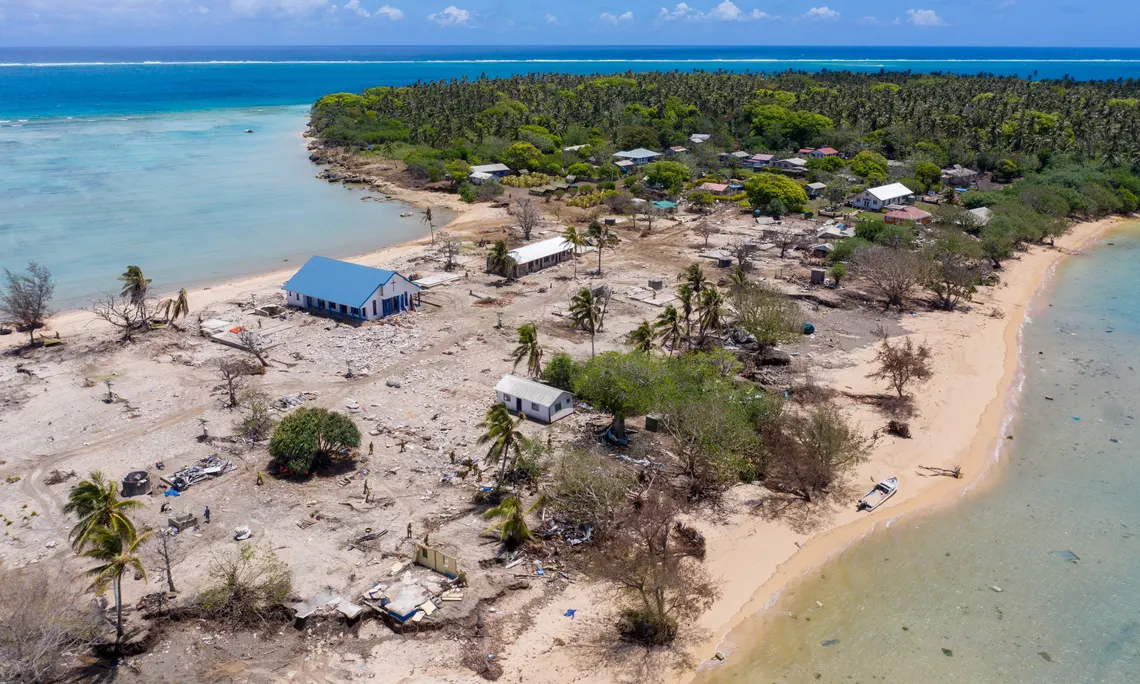Tonga’s King Tupou VI, government officials, and the people of Niuatoputau community attended a commissioning ceremony for a new mini-grid generation system and distribution network Wednesday, 26 July funded under the ADB-supported Outer Island Renewable Energy Project.
King Tupou VI led the ceremony which included a plaque unveiling and site inspections. The project, which is on track to be completed in December 2023, is cofinanced by the Government of Tonga, the Government of Australia, the European Union, the Global Environment Facility, and the Second Danish Cooperation Fund for Renewable Energy and Energy Efficiency for Rural Areas.
“The Government of Tonga must be commended for its efforts towards reducing its dependence on fossil fuels and in promoting clean energy sources,” said ADB’s Pacific Subregional Office Regional Director Aaron Batten. “ADB is a long-standing partner of Tonga in the energy sector and our commitment to this partnership continues.”
The mini grid was constructed as part of a $6 million contract across two phases which includes the installation of mini-grid generation systems on four of the Ha’apai group of outer islands— ‘Uiha, Nomuka, Ha’ano and Ha’afeva.
The grid on Niuatoputapu comprises a hybrid system which can generate 150 kilowatts of solar power during peak hours and provide 295 kilowatt hours of battery storage. The system will deliver clean, reliable, and efficient electricity supply to the people of Niuatoputapu, as well as 100 kilowatts of standby thermal power to ensure continued supply of energy during inclement weather.
The Outer Island Renewable Energy Project is funding solar-powered systems on ‘Eua, Vava’u and Lifuka in Ha’apai, along with four outer islands in the Ha’apai group, as well as on Niuatoputapu and Niuafo’ou islands. It is building solar generating facilities with a total distribution capacity of 1.32 megawatts at peak use, which is expected to reduce diesel imports by an estimated 480,000 liters a year. The project is also funding the rehabilitation of the electricity distribution networks on ‘Eua and Vava’u.
Tonga imports diesel for over 75 percent of its electricity needs. The high cost imposes a heavy burden on consumers and underpins the economic growth. The country is highly vulnerable to fluctuations in international fuel prices, and the government is planning to increase the use of renewable energy in order to lower diesel imports, increase energy security, and reduce the cost of electricity.
This story was originally published at Asian Development Bank (ADB) on 26 July 2023, reposted via PACNEWS.




